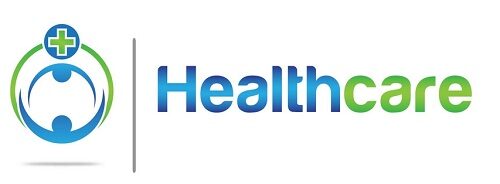When you are going to find health insurance for companies, you should concentrate on coverage, the number of employees, employee premiums, and comparison shopping. Offering health insurance to workers can help your company save money on taxes while attracting and retaining great personnel. Finding insurance may be done in a number of ways, including contacting companies directly and working with a broker. Health insurance plans for small business having low number of employee are given below:
1. Group health insurance plans:
Group health insurance plans are a common option for small businesses to provide health insurance for their employees. These plans are purchased by the employer and offered to all employees. They are typically offered through insurance companies and can be customized to fit the needs of the business.
Some key features of group health insurance plans include:
Premiums:The employer and employees typically split the cost of the premium, with the employer paying a larger portion.
Coverage:Group health insurance plans typically cover a wide range of medical expenses, including doctor visits, hospital stays, prescription drugs, and preventive care.
Networks:Most group health insurance plans have networks of healthcare providers that the employee can choose from, and in-network providers will typically have lower out-of-pocket costs than out-of-network providers.
Open Enrollment:The employer may have a specific time of year when employees can enroll or make changes to their coverage.
2. Self-insured plans:
Self-insured plans, also known as self-funded plans, are another option for small businesses to provide health insurance for their employees. In a self-insured plan, the employer assumes the financial risk for claims rather than an insurance company. This means that the employer sets aside funds to pay for employee medical claims and expenses, rather than paying premiums to an insurance company. Self-insured plans can be more complex to administer and may require more financial resources to manage than fully-insured plans. Also, self-insured plans may not be available in all states, and the cost of a self-insured plan can vary depending on the size and needs of the business, and the level of coverage that the employer wants to provide.
3. Health saving accounts (HSAs):
Health savings accounts (HSAs) are a type of savings account that can be used to pay for healthcare expenses. They are often paired with high-deductible health plans (HDHPs) and are designed to help individuals and families save money on healthcare costs.HSAs are a good option for small businesses that offer high-deductible health plans, as they can help employees save money on healthcare costs and provide them with more control over their healthcare spending. It is worth noting that HSAs are not a substitute for health insurance and only covers qualified medical expenses.
4. Health reimbursement arrangements (HRAs):
Health reimbursement arrangements (HRAs) are employer-funded plans that can be used to reimburse employees for out-of-pocket healthcare expenses. These plans are a way for small businesses to provide additional financial support to their employees for healthcare expenses.HRAs are subject to certain regulations such as the Affordable Care Act (ACA) and the Employee Retirement Income Security Act (ERISA) and must comply with state and federal laws regarding insurance and employee benefits.
It’s important to note that HRAs are not a substitute for health insurance, and may only be used to reimburse certain medical expenses, and that they can only be offered
Infographic provided by Alliance Medication Services, a specialized workers compensation pharmacy
 Best Home Remedies for Cough Relief
Best Home Remedies for Cough Relief  How to Promote Your Pharmacy Online
How to Promote Your Pharmacy Online  Gut Health and Inflammation: Unveiling the Path to Better Wellness
Gut Health and Inflammation: Unveiling the Path to Better Wellness 

